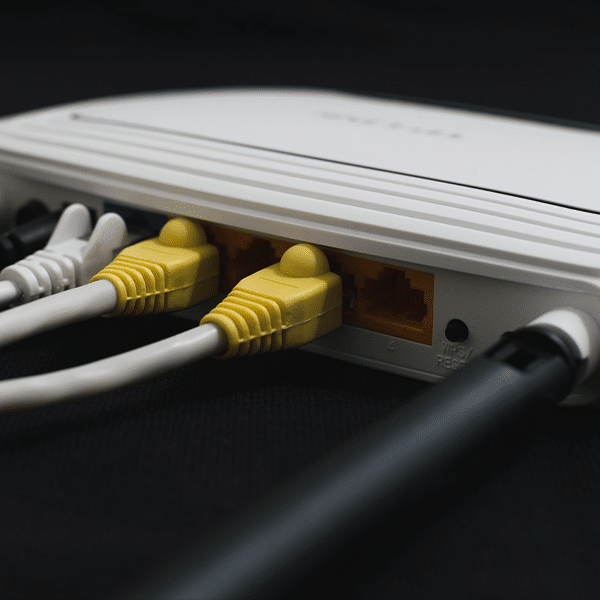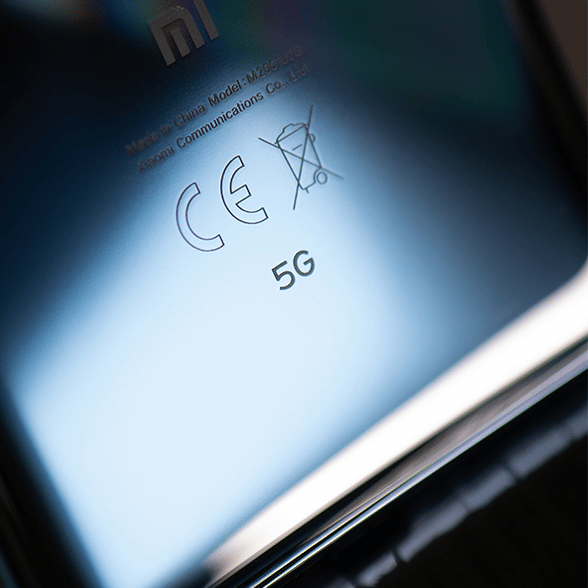The FCC faces a tough decision on a proposed change to the rules for the 12 GHz spectrum band. Comments on the proposed change were due yesterday and the commission got a range of conflicting commentary from heavy hitters on both sides.
The 12 GHz band includes 500 MHz of what is considered mid-band spectrum that is well suited for fixed and mobile 5G deployments, according to those advocating for the change, including some holders of spectrum in the band.
The hitch, from their point of view, is that the spectrum is currently restricted to downstream use. The requested rule change would allow it to be used bi-directionally.
Two of the most active 12 GHz spectrum holders supporting the rule change include Dish, which currently uses the spectrum for direct broadcast satellite (DBS) service, and RS Access, which uses the spectrum for fixed wireless downstream communications.
At least one public interest group also has expressed support for the rule change. Public Knowledge sees the rule change as a positive because it would make Dish a stronger competitor in the U.S. mobile market which is now dominated by just three nationwide carriers.
Also supporting the proposed rule change are INCOMPAS, an association representing competitive carriers, and the Computer & Communications Industry Association (CCIA), who argued in a joint filing that “American consumers and businesses stand to be significant beneficiaries if the commission elects to . . . allow . . . providers to put the spectrum to its full use.”
Industry advocacy group 5G for 12 GHz Coalition argues that the 12 GHz band is needed for the U.S. wireless industry to remain competitive with China. Proponents for the change argue allowing 12 GHz spectrum to be used for 5G could unlock as much as $1 trillion in economic value.
Among those opposing the proposed 12 GHz rule change are some other holders of spectrum in the band, including AT&T, which uses the spectrum for its DirecTV DBS service, and SpaceX, which is deploying a constellation of non-geostationary orbit (NGSO) satellites aimed at providing lower-latency broadband service.
AT&T, SpaceX and others argue that advocates have not provided sufficient evidence that the proposed 12 GHz rule change would not hurt incumbent operations in the band.
The FCC Decision
The FCC decision on the proposed 12 GHz rule change is likely to hinge on technical details.
Earlier this year, RS Access filed a report with the commission based on a technical analysis completed by consultancy RKF Engineering. According to that analysis, 5G service in the 12 GHz band could co-exist with DBS and NGSO satellite broadband services already operational in the band.
According to the analysis, this would be true even if SpaceX were to move ahead with changes to its earth stations aimed at enhancing network performance. The FCC gave SpaceX the go-ahead to make the changes but cautioned that longer term, the proposed rule change could impact that decision.
Among the comments filed yesterday about the proposed rule change were some from SpaceX and AT&T questioning the veracity of the RKF analysis.
In its filing, SpaceX argued that the RKF analysis is faulty in assuming only 2.5 million customers of all NGSO systems. The analysis also is based on “cherry-picked” interference criterion based on decades-old recommendations for fixed terrestrial service, according to SpaceX, and is based on unrealistic deployment scenarios.
Rule change advocates “have failed to substantiate their protracted claims that these new terrestrial services can coexist with incumbent services in the 12 GHz band,” AT&T wrote in its filing.
In its filing, AT&T also introduced another idea into the debate that could generate further controversy.
If the FCC decides to approve the 12 GHz rule change, it should “wipe the slate clean and start from scratch,” AT&T said.
This, the company said, “would entail relocating all incumbent operations out of the band and compensating them commensurate with the investments they have made in the band thus far . . . Once the commission does so, it would be able to auction new terrestrial rights, rather than merely gifting them to one set of co-primary incumbents.”
Those incumbents would include Dish and RS Access.



